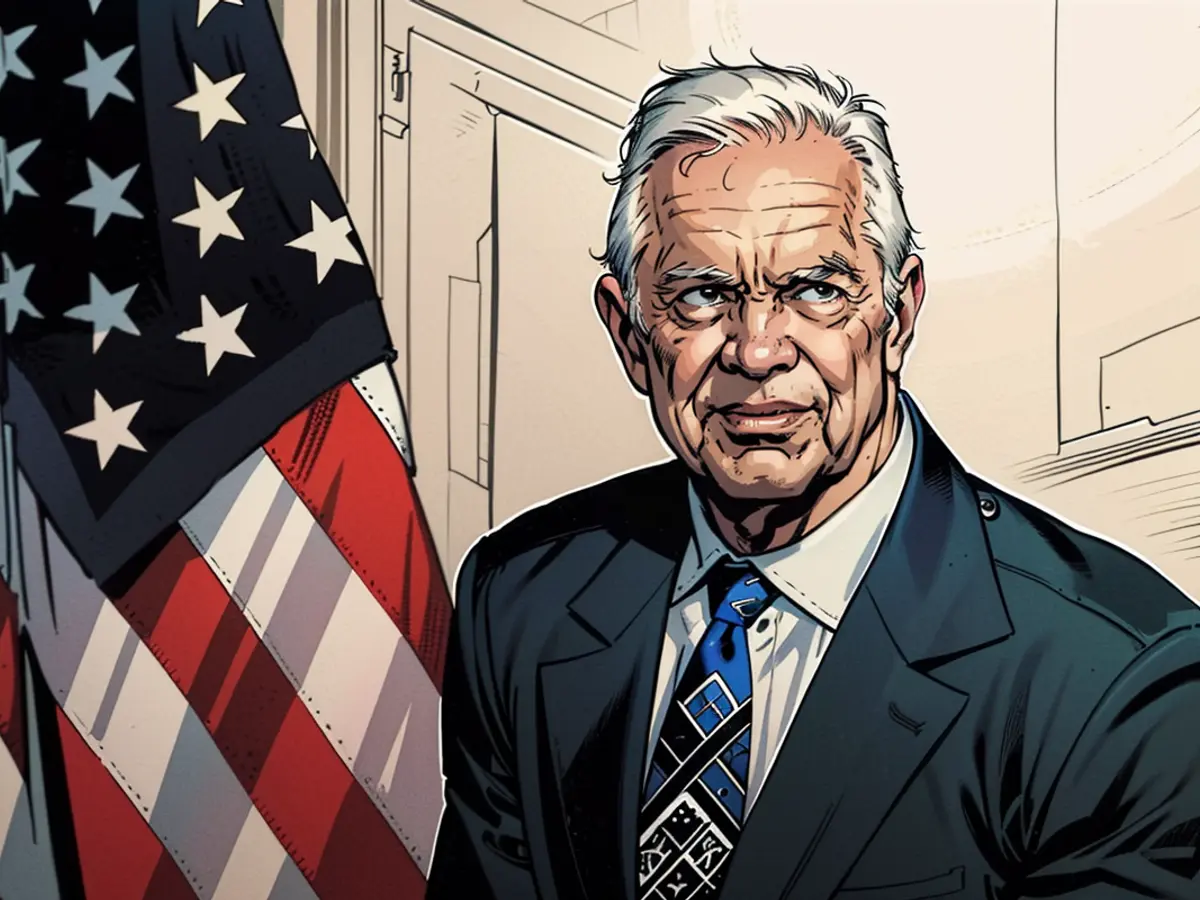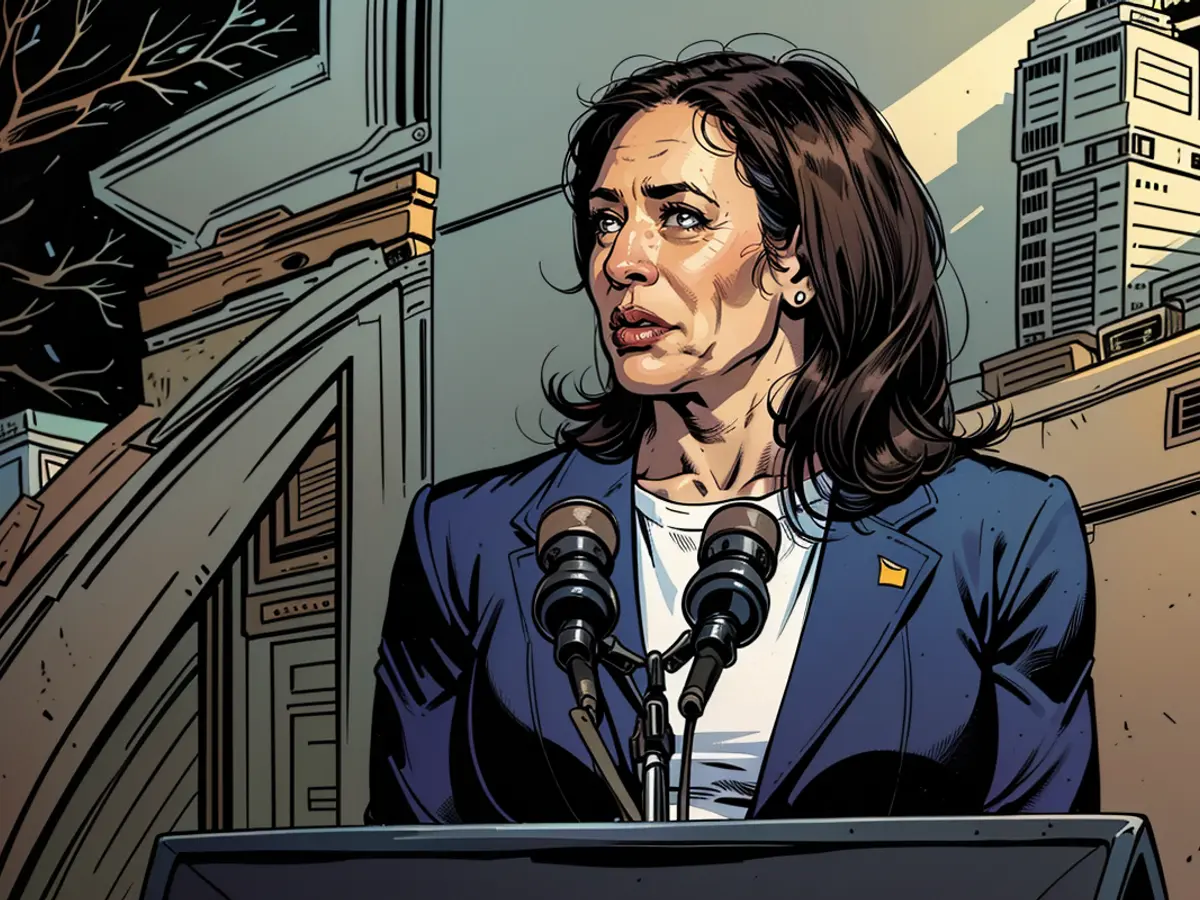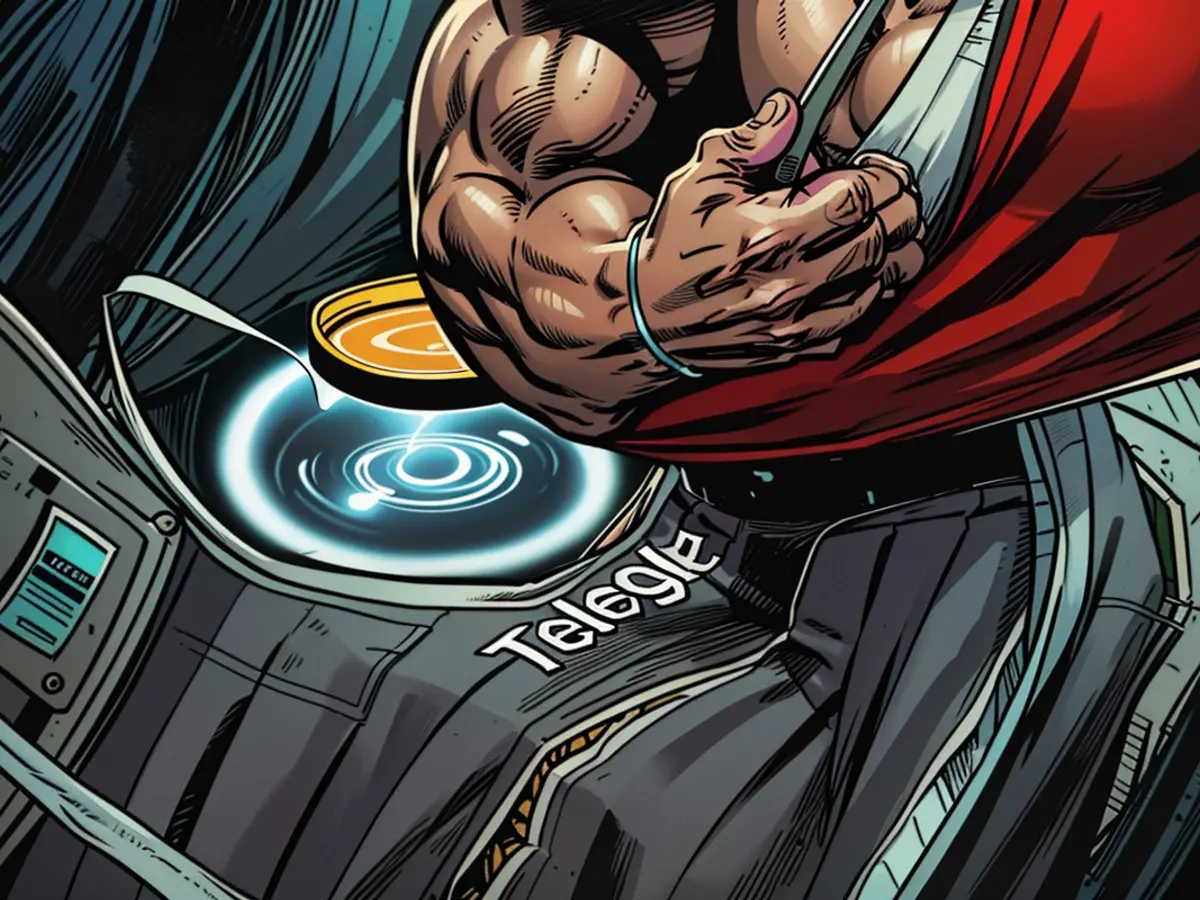Laureato del Premio Noble e coltivatore di arachidi
Jimmy Carter è stato oggetto di scherno per un lungo periodo. Ha servito solo come 39° Presidente degli Stati Uniti per quattro anni, ma ha ottenuto maggior riconoscimento nel suo post-presidenza. Nonostante la sua salute declinante e il suo carattere riservato, sta cercando di raggiungere il secolo di vita. Il suo ultimo obiettivo è votare per Kamala Harris nelle prossime elezioni presidenziali degli Stati Uniti dell'8 novembre.
La salute di Jimmy Carter è peggiorata nel tempo. Sua moglie Rosalynn, che è stata sua compagna per 77 anni, è morta lo scorso anno all'età di 96 anni. L'ex presidente ha partecipato al suo funerale in sedia a rotelle, coperto da una coperta. Suo nipote Jason Carter ha condiviso che suo nonno "ha subito un declino fisico e non può fare molto da solo, ma è emotivamente molto coinvolto". Attualmente, Jimmy Carter sta ricevendo cure hospice nella sua città natale di Plains, Georgia.
Despite his health challenges, Jimmy Carter has a significant goal that keeps him motivated. According to Jason Carter, the 100-year-old man is determined to participate in the U.S. presidential election and cast his vote for the Democratic candidate, Kamala Harris. In fact, his grandfather has become more lively recently and is interested in the situation in the Gaza Strip, as Jason revealed to the "Atlanta Journal-Constitution." The award of the Ambassador Richard C. Holbrooke Distinguished Achievement Award for his lifetime achievements by the Dayton Literary Peace Prize Foundation in Ohio might have also boosted his spirits.
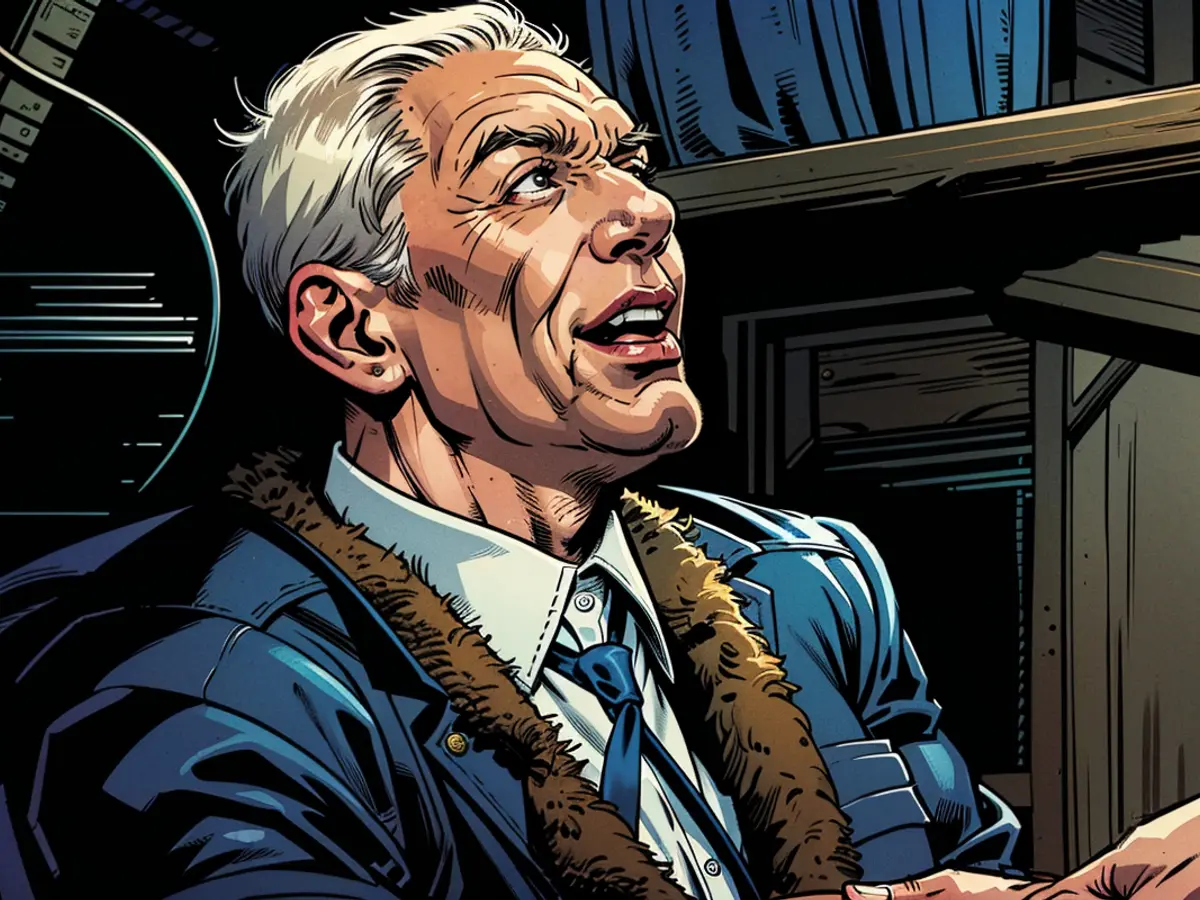
Jimmy Carter's political career was marked by vittorie e sconfitte. La sua più grande sconfitta è stata nelle elezioni presidenziali del 1980, dove ha perso contro Ronald Reagan. Anche se non inaspettata, la sconfitta è stata pesante. Carter ha vinto solo sei stati – compreso Washington D.C. – e ha ricevuto solo 49 voti elettorali, mentre Reagan ne ha ottenuti 489. Carter e il suo vicepresidente, Walter Mondale, sono stati cacciati dalla Casa Bianca e l'ingresso di Reagan è stato una marcia trionfale. Il mandato di Carter è durato solo quattro anni. Reagan ha guidato la superpotenza fino al 1989.
In retrospettiva, i critici hanno etichettato il mandato presidenziale di Carter come sfortunato. Il contadino di arachidi di Plains era spesso percepito come qualcuno che non era in grado di gestire la presidenza.
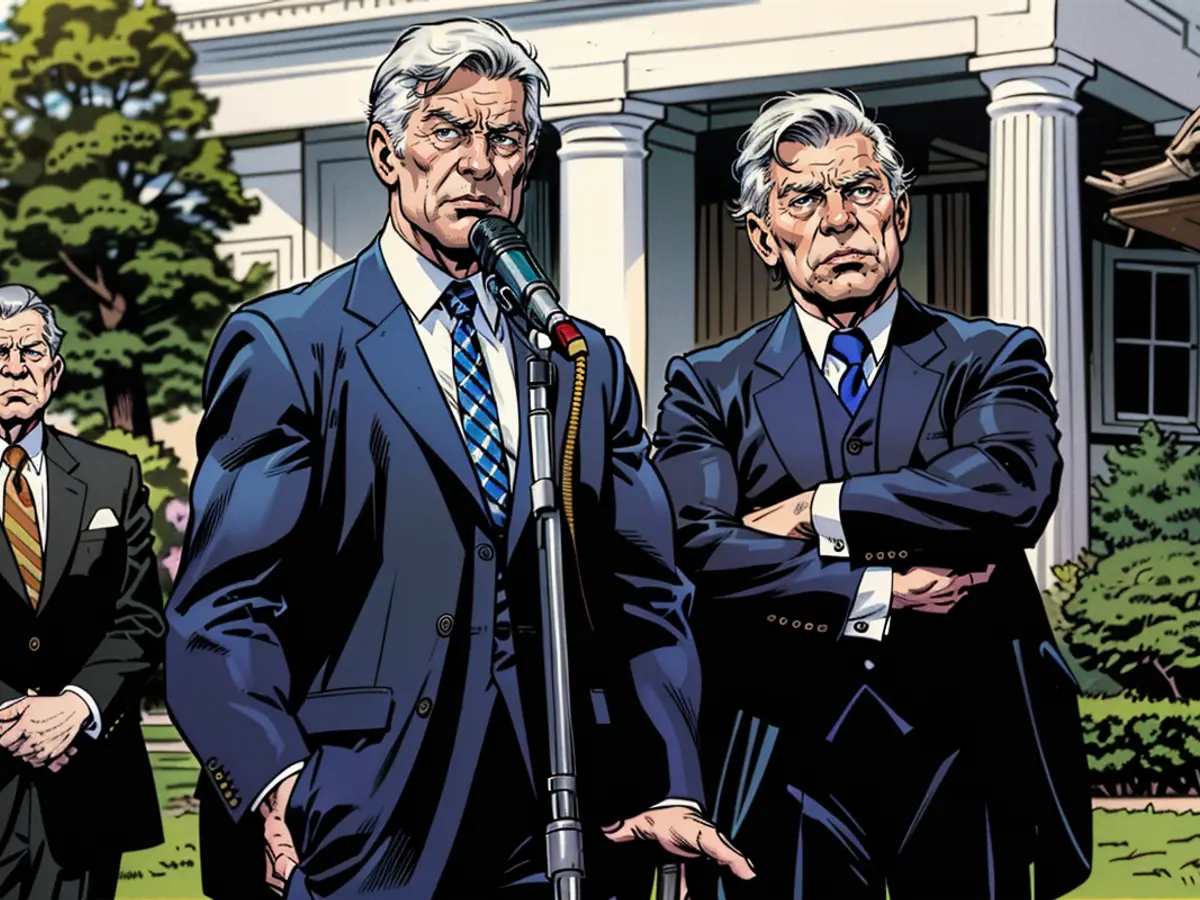
Anche il Cancelliere Helmut Schmidt lo considerava ingenuo in politica estera. Il conflitto tra i due leader è iniziato già nell'estate del 1977, quando Carter era in carica da soli pochi mesi. La controversia ruotava attorno alla proposta di bomba americana a neutroni, un'arma nucleare progettata per distruggere la vita causando danni minimi alle strutture e alle infrastrutture. Questa arma era molto controversa in Germania Ovest. Per il leader dell'SPD Egon Bahr, era il "simbolo della perversione del pensiero umano". Dopo molte esitazioni, Schmidt ha dato il suo consenso per l'inclusione della bomba a neutroni nell'arsenale della NATO nel aprile 1978. Tuttavia, Carter ha presto annullato la produzione della bomba a neutroni, lasciando Schmidt furioso. La loro relazione è rimasta tesa.
High hopes were placed in Bonn for the dynamic politician who sought to establish a new foundation for US politics following the Vietnam disaster. Similarly, there was positive anticipation in the United States for the man from Georgia, who had not been tainted by the Washington political machine. In fact, outside of his home state, Carter, who served as governor for five years, was largely unknown.
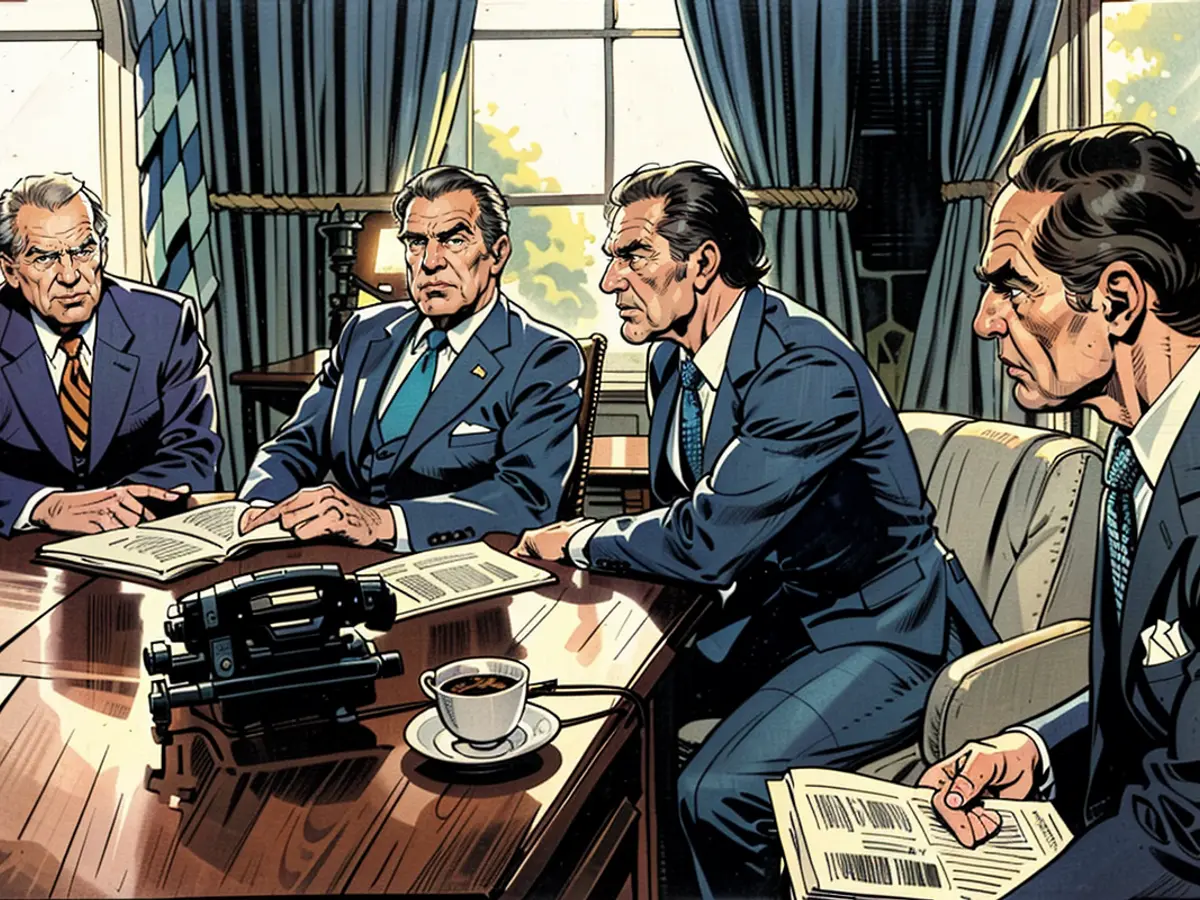
However, following the Watergate scandal involving President Richard Nixon, many people were distrustful of the Washington establishment and were open to voting for an unknown outsider, especially one who promised to clean up the US capital. Watergate doomed Carter's predecessor, Gerald Ford, despite his own lack of involvement in Nixon's criminal activities. Nixon's pardon by Ford was deeply unpopular and contributed to Ford's election loss. In this context, Carter's lack of political prominence was an advantage.
Carter exploited this in his 1976 campaign against Ford, playing up his anonymity: "I'm Jimmy Carter, and I'd like to be your president," he would begin his campaign events. His detailed proposals for reorganizing the federal government and administrative structures resonated with voters, not just Democrats. Carter had already shown his reformist credentials as governor of Georgia, where he worked to dismantle racial segregation.
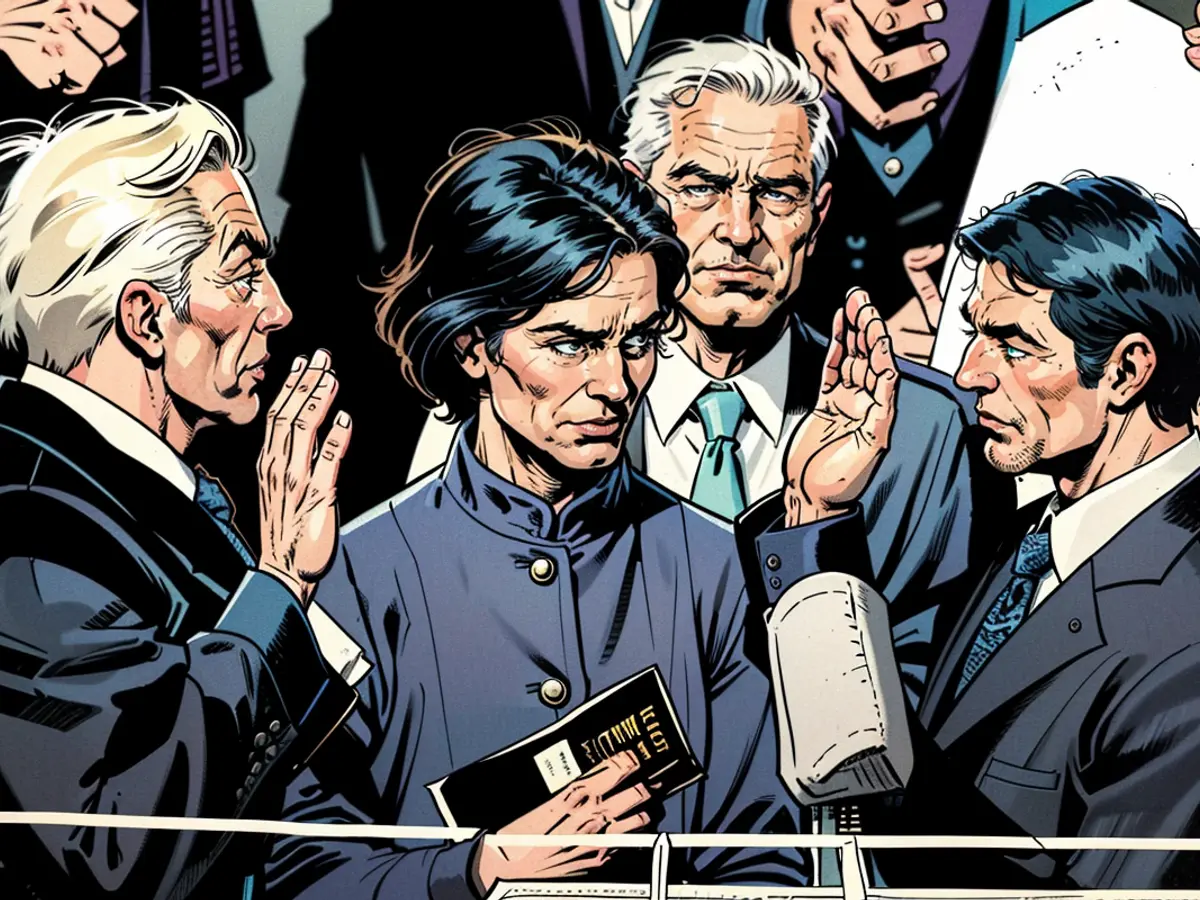
Carter's presidency, however, was lackluster, partly due to external factors. Initially, he made progress in foreign policy, brokering a separate peace treaty between Egyptian President Anwar Sadat and Israeli Prime Minister Menachem Begin in Camp David in 1978, the first for the Middle East. Negotiations on arms control with the Soviet Union were also advancing, and he signed the SALT-II treaty with Soviet leader Leonid Brezhnev in 1979, although it was not ratified by the US Senate.
However, Carter's foreign policy star was already waning as détente between the superpowers came to an end. The Cold War intensified when Brezhnev sent troops to Afghanistan in late 1979, leading the US to boycott the 1980 Moscow Olympics. During Carter's presidency, the arms race was escalating. German Chancellor Helmut Schmidt pressed Carter to address the strategic imbalance of nuclear intermediate-range missiles in Europe caused by Soviet SS-20s, leading to the eventual deployment of US missiles under Reagan. Their discussions were reportedly heated, with Carter accusing Schmidt of double-dealing with the Soviet Union.
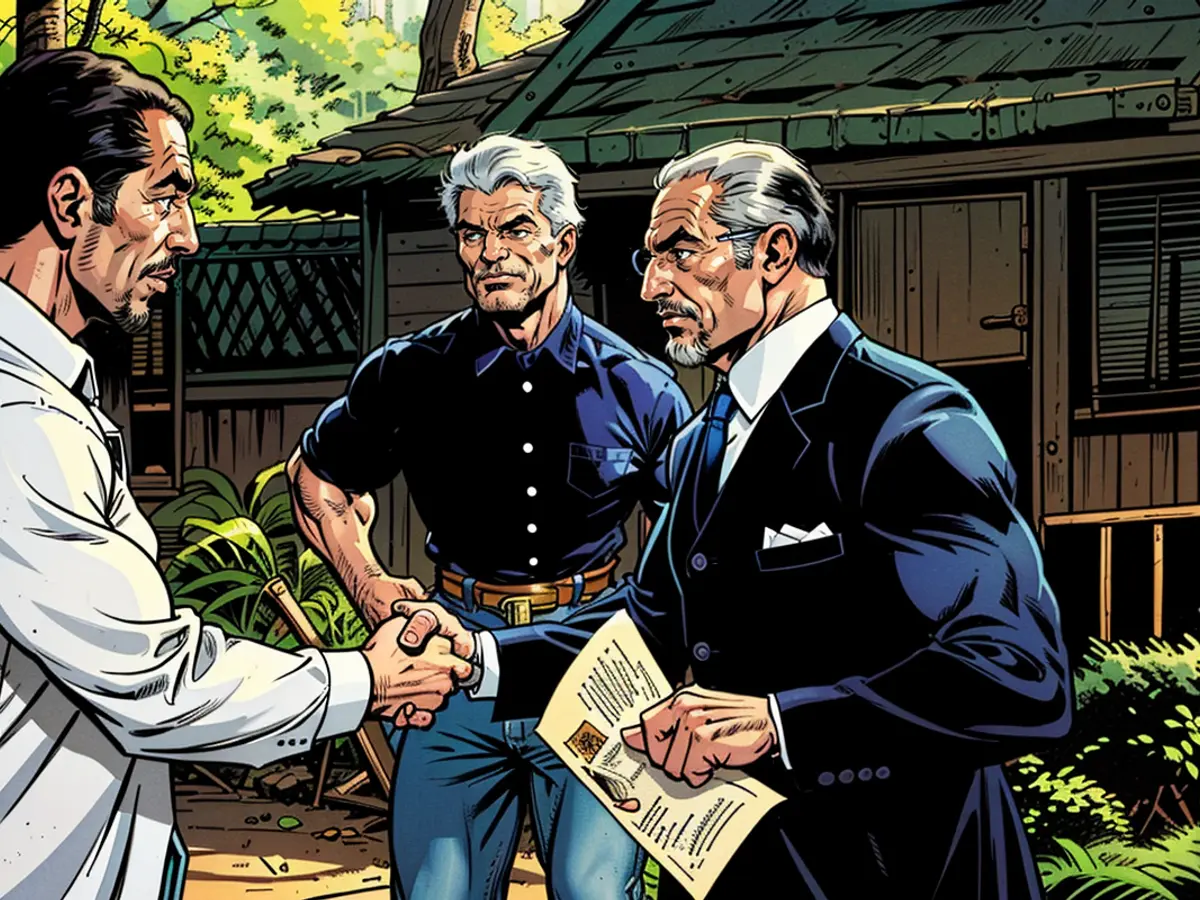
Carter's presidency was also marked by the Iran hostage crisis, which began in November 1979 and lasted for 444 days, significantly damaging his reputation and contributing to his election loss in 1980.
Il 1979 fu un anno difficile per il Presidente. Gli Stati Uniti lottavano contro una recessione economica e il tasso di disoccupazione stava aumentando vertiginosamente. Inoltre, gli eventi in Iran, che culminarono con la destituzione dello Scià Mohammad Reza Pahlavi e l'ascesa al potere dell'Ayatollah Khomeini, ebbero un impatto significativo sulla sua presidenza. All'inizio, Carter, che non era un sostenitore dello Scià, non aveva problemi con la Rivoluzione Islamica. Tuttavia, quando gli studenti iraniani radicali fecero irruzione nell'ambasciata americana a Tehran nel novembre 1979 e presero in ostaggio diversi cittadini americani, il Presidente si trovò in una situazione politica difficile. Una missione di salvataggio fu un fallimento totale. A quel punto era chiaro che Carter aveva poche possibilità di essere rieletto contro il carismatico Reagan. La crisi degli ostaggi si concluse addirittura pochi minuti dopo l'insediamento di Reagan.
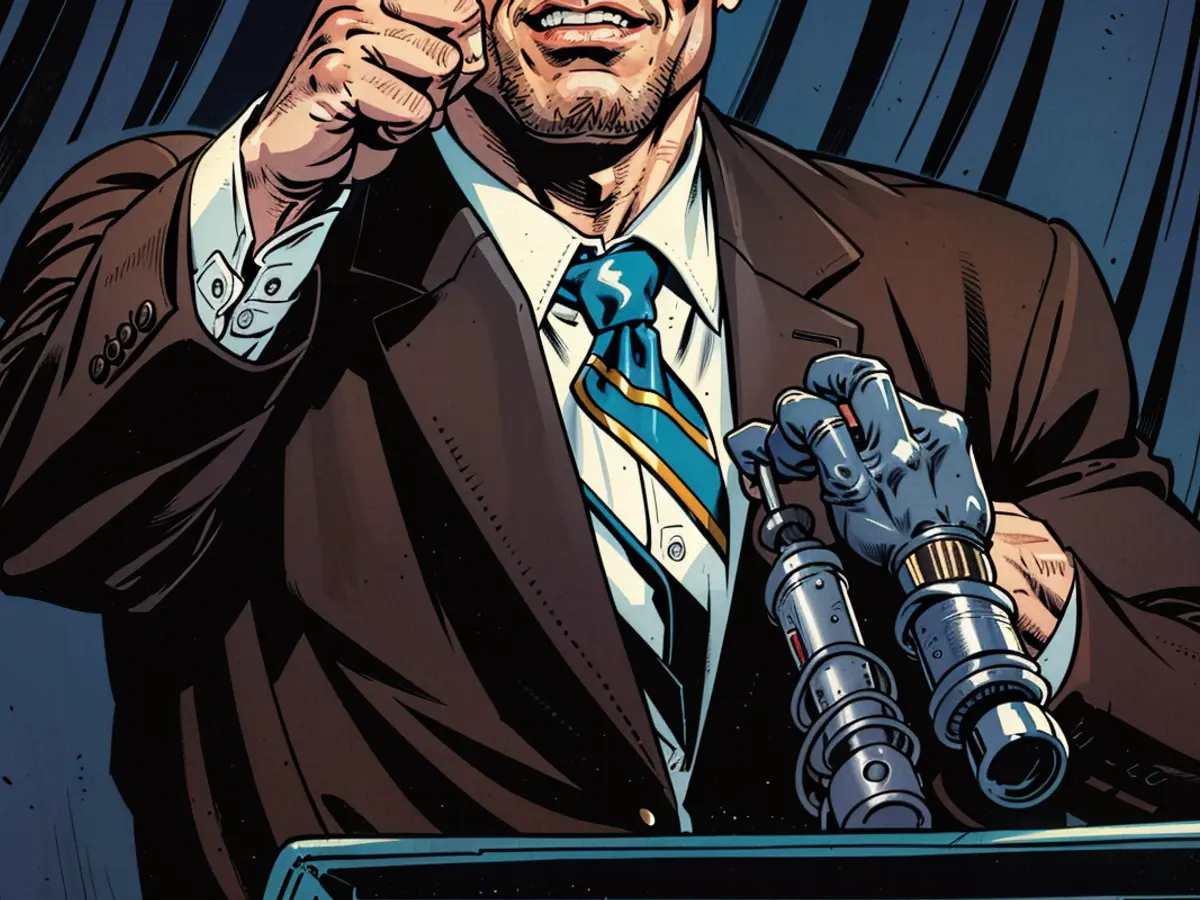
La relazione di Carter con il suo stesso partito democratico era anche tesa. Lo accusavano di scarsa o mancata cooperazione con i membri del Congresso del suo partito. Alle primarie del 1980, Carter affrontò una sfida da parte del Senatore Edward Kennedy, fratello di JFK. Carter vinse, ma le dispute interne nel partito democratico aiutarono la vittoria di Reagan.
Despite his electoral defeat, Carter refused to back down. At 56, he still had plenty of years ahead of him. He was a devoted Baptist deacon and had a lifelong passion for human rights. He established the Carter Center for Human Rights and mediated international conflicts, such as those in Haiti and Bosnia in 1994, and in Cuba in 2002. In 2010, he successfully negotiated the release of American citizen Aijalon Mahli Gomes from North Korea. Carter's most significant political achievement was the 2002 Nobel Peace Prize, awarded for his mediation efforts and human rights advocacy.
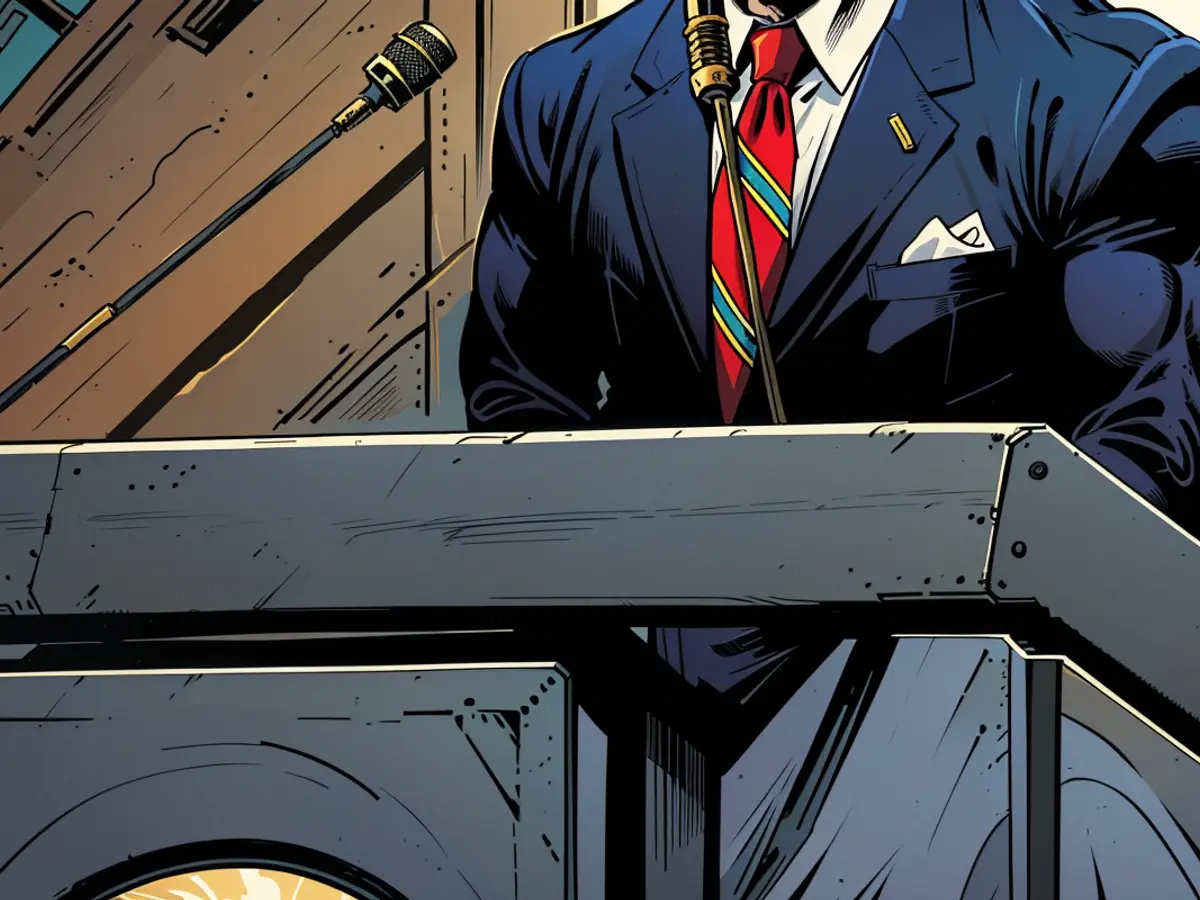
Even in his later years, Carter remained vocal. In 2004, he criticized President George W. Bush and British Prime Minister Tony Blair over the Iraq War. He pointed the finger at Israel for the ongoing Palestinian conflict. And when Egypt under General Abdel Fattah al-Sisi began to drift towards authoritarianism, the Carter Center shut down its Cairo office.
Both supporters and critics agree that Carter gained significant respect post-presidency. Transforming from a failed president, he became a respected former president.
Jimmy Carter's humanitarian work continued beyond his presidency. In 2010, he successfully negotiated the release of American citizen Aijalon Mahli Gomes from North Korea. patronizingly labeled as the "hermit kingdom," showcasing his ability to influence international relations even after leaving office.
Despite the political turmoil and criticisms faced during his presidency, Jimmy Carter's post-presidential endeavors, including his involvement in addressing the situation in North Korea, led to a significant improvement in his public image and recognition.
